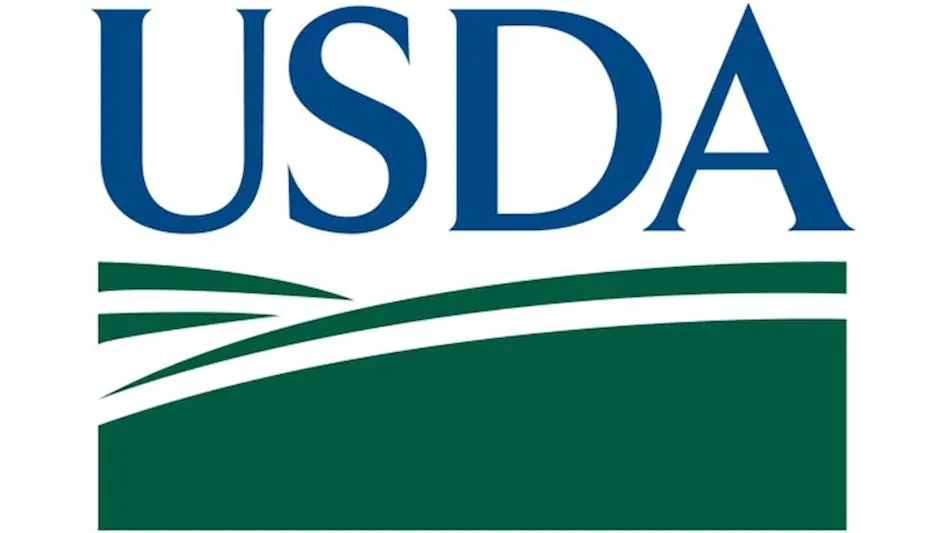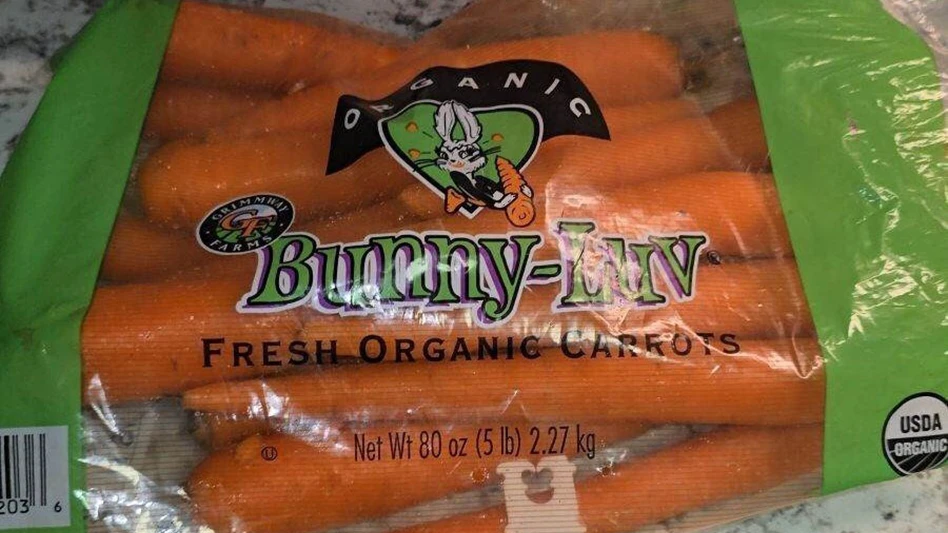
Health authorities have reassured consumers that the spread of bird flu to dairy cows in several U.S. states poses a low risk to human health. However, this has not stopped the story from dominating news headlines and potentially drawing attention to the link between intensive animal farming and disease transmission. As consumers increasingly reassess the role of animal-based products in their diet, manufacturers are faced with both opportunities and challenges to gaining consumer trust, says GlobalData, a leading data and analytics company.
The US Department of Agriculture (USDA), the Food and Drug Administration (FDA) and the Centers for Disease Control and Prevention (CDC) confirmed the spread of bird flu in sick cattle from dairy farms in Kansas and Texas. Subsequently, a person in Texas was diagnosed with a highly virulent strain of bird flu, representing only the second human case of this strain of bird flu ever detected in the US. The CDC emphasized that the public has a low risk of catching the virus, which can spread through close contact with infected birds. Moreover, the USDA did not expect the bird flu cases in cattle to affect food safety or supply in the US, given that pasteurization kills off bacteria and viruses, including this strain of bird flu.
Katrina Diamonon, Principal Analyst at GlobalData, comments: “Despite assurances from health authorities, it will be difficult for consumers to detach this concerning news story from their own experiences. Many will inevitably be worried about how the spread of this virus may affect the safety of the meat and dairy products they consume.
“There is also residual anxiety and fear following the unprecedented and devastating impacts of the COVID-19 pandemic. Even though there is no definitive proof of how the pandemic started, one prominent theory is that the virus emerged in wild animals and spread to humans at the market. This has naturally served to raise suspicion about the meat supply chain and cause consumers to rethink their choices.”
A survey conducted by GlobalData found that over one-quarter (27%) of consumers globally would consume plant-based meat or dairy alternatives for safety reasons, underscoring the perceived risks that some consumers associate with traditional animal-based products.
Consumers are becoming increasingly aware that industrial agriculture can have significant implications for food safety due to various factors inherent in large-scale, intensive animal production systems. For example, factory farming often involves high-density confinement of animals, which can facilitate the spread of pathogens, while crowded and unsanitary conditions increase the likelihood of disease transmission, leading to higher levels of contamination in animal products.
Diamonon concludes: “It is crucial to establish consumer confidence in products through clear labeling, certifications, and seals, as well as traceability and supply chain information. No brand is immune from food safety scares, but proactive reassurances from brands can help regain consumer trust.”
The US Department of Agriculture (USDA), the Food and Drug Administration (FDA) and the Centers for Disease Control and Prevention (CDC) confirmed the spread of bird flu in sick cattle from dairy farms in Kansas and Texas. Subsequently, a person in Texas was diagnosed with a highly virulent strain of bird flu, representing only the second human case of this strain of bird flu ever detected in the US. The CDC emphasized that the public has a low risk of catching the virus, which can spread through close contact with infected birds. Moreover, the USDA did not expect the bird flu cases in cattle to affect food safety or supply in the US, given that pasteurization kills off bacteria and viruses, including this strain of bird flu.
Katrina Diamonon, Principal Analyst at GlobalData, comments: “Despite assurances from health authorities, it will be difficult for consumers to detach this concerning news story from their own experiences. Many will inevitably be worried about how the spread of this virus may affect the safety of the meat and dairy products they consume.
“There is also residual anxiety and fear following the unprecedented and devastating impacts of the COVID-19 pandemic. Even though there is no definitive proof of how the pandemic started, one prominent theory is that the virus emerged in wild animals and spread to humans at the market. This has naturally served to raise suspicion about the meat supply chain and cause consumers to rethink their choices.”
A survey conducted by GlobalData found that over one-quarter (27%) of consumers globally would consume plant-based meat or dairy alternatives for safety reasons, underscoring the perceived risks that some consumers associate with traditional animal-based products.
Consumers are becoming increasingly aware that industrial agriculture can have significant implications for food safety due to various factors inherent in large-scale, intensive animal production systems. For example, factory farming often involves high-density confinement of animals, which can facilitate the spread of pathogens, while crowded and unsanitary conditions increase the likelihood of disease transmission, leading to higher levels of contamination in animal products.
Diamonon concludes: “It is crucial to establish consumer confidence in products through clear labeling, certifications, and seals, as well as traceability and supply chain information. No brand is immune from food safety scares, but proactive reassurances from brands can help regain consumer trust.”
Latest from Quality Assurance & Food Safety
- FDA, USDA Seek Information About Food Date Labeling
- William Marler, Food Safety Advocate and Lawyer, Condemns Lack of Safety of U.S. Food Supply
- AFDO Infographics Illustrate State-Level Impact of FDA’s Proposed Budget Cuts
- Multistate Outbreak of Salmonella Typhimurium Linked to Cucumbers
- USDA Begins National Milk Testing Strategy to Address H5N1 in Dairy Herds
- USDA Announces Grain Inspection Advisory Committee Appointments
- Eagle Product Inspection Highlights FA3/M Fat Analysis Machine for Meat Inspection
- IFT Student Association Chapters Celebrate 50 Years of Inspiring the Next Generation of Food Science Leaders





